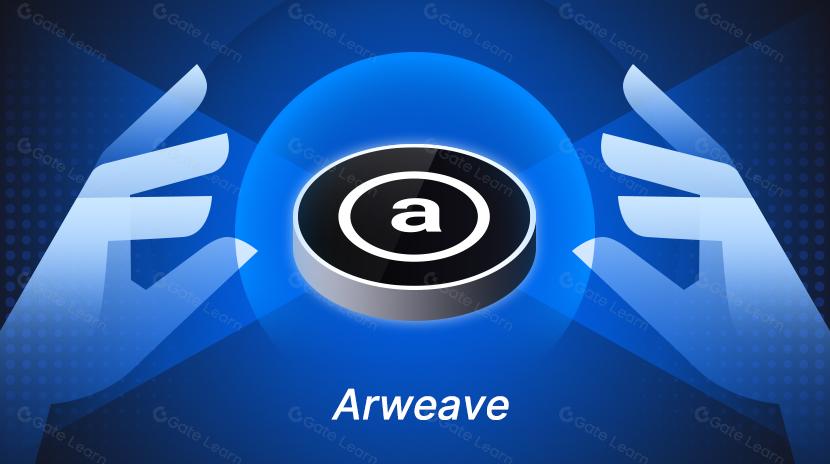Quick Overview of Converge: Ethena and Securitize's Compliance-First Public Blockchain
At the Tokenize Summit in New York, Ethena, a leading synthetic dollar protocol, and Securitize, an asset tokenization platform, announced the upcoming launch of Converge, a blockchain network tailored for institutional investors. This initiative is designed to serve as the "settlement layer between traditional finance and digital dollars." It will enable a smooth transition of existing smart contracts and decentralized applications (DApps) thanks to its seamless compatibility with the Ethereum Virtual Machine (EVM), with an official launch scheduled for the second quarter of 2025.
Securitize’s CEO, Carlos Domingo, and Ethena’s founder, Guy Young, introduced Converge.
Converge: An Institutional-Level DeFi Platform Driven by Compliance and Performance
Converge is designed to offer a foundational infrastructure that meets the stringent compliance needs of traditional financial institutions while maintaining high technical performance.
By leveraging EVM compatibility, it ensures easy integration of Ethereum smart contracts and decentralized applications, which helps lower migration costs for developers and users. The architecture also incorporates technologies like Rollup to provide benefits in both scalability and security. To comply with various global regulations, Converge implements strict measures, including Know Your Customer (KYC) and Know Your Business (KYB) verification, institutional-grade custody services from providers like Anchorage and Fireblocks, and permissioned verification nodes.

The Converge network will operate in two parallel modes: it will allow completely permissionless DeFi applications to develop freely while also creating compliant products for traditional financial institutions. For instance, tokenized securities issued by Securitize can serve as on-chain collateral in customized money markets, and their compliance design offers institutional investors a reliable entry point.
Core Assets and Network Security
In the Converge design, USDe, USDtb, and sENA will be the key financial assets that support the entire blockchain, playing a vital role. The network will utilize a system of permissioned validation nodes, which will require validators to stake Ethena governance tokens (ENA) to maintain network security and stability. Additionally, USDe and USDtb will function as the native GAS tokens, enabling users to transact with lower friction costs, thus improving overall trading efficiency and user experience.

Complementary Strengths: A Powerful Partnership Between Ethena and Securitize
This partnership highlights the synergy between crypto-native protocols and traditional financial institutions. Ethena, with its synthetic dollar USDe boasting a total value locked (TVL) of over $6 billion, holds a significant position in the DeFi ecosystem. Its Delta hedging strategy for maintaining stablecoin value has drawn attention from many institutions, including BlackRock. Securitize, a leader in asset tokenization regulated by the SEC, has issued over $2 billion in on-chain securities, serving major asset management firms like BlackRock and KKR.

Both companies have committed to combining their core resources and technical strengths in Converge. Ethena plans to migrate its nearly $6 billion ecosystem to this new blockchain and issue native stablecoins USDe, USDtb (backed by the BlackRock BUIDL fund), and iUSDe specifically for asset management firms. Securitize will implement its comprehensive system for issuing and managing tokenized securities on Converge, covering a range of asset classes including stocks, bonds, and real estate, while also exploring innovative applications like on-chain stock trading.
Diverse Ecosystem: Top DeFi Applications and Institutional Custody Working Together
Converge showcases strong appeal in its ecosystem. The platform has attracted DeFi applications such as Pendle, Horizon from Aave Labs, and Morpho, with plans to collaboratively develop customized institutional products to meet diverse financial needs. For asset security and custody, institutions like Anchorage and Copper will provide extensive support. Cross-chain solutions like LayerZero and Wormhole, along with the RedStone oracle, will ensure stable performance in asset transfers and data accuracy.

Additionally, Converge’s validation nodes will consist of traditional financial institutions and centralized exchanges, requiring the staking of Ethena governance token ENA. While this setup might spark discussions about decentralization, the team believes that involving regulated entities will significantly boost institutional confidence in the platform, establishing a strong foundation for future large-scale capital flows.
Challenges and Opportunities: Navigating the Path to a Trillion-Dollar Market
Converge has attracted significant attention in the market, but it faces several challenges in its future development. First, the varying compliance requirements across different global jurisdictions mean that the platform must continuously adapt its rules for issuing and trading security tokens. Second, demonstrating the efficiency and cost benefits of on-chain finance during the initial phase of the ecosystem will be key to attracting more institutional participants, which is essential for the project’s success.

The total value locked in global DeFi is steadily increasing, while traditional capital markets are valued at over one hundred trillion dollars. Even a small fraction of this capital moving onto the blockchain could lead to substantial growth. As the founder of Ethena noted, the crypto industry must look beyond just reallocating existing funds; Converge’s goal is to serve as the gateway for trillions of dollars in traditional capital to enter the blockchain space.
Disclaimer:
- This article is reprinted from [Foresight News]. All copyrights belong to the original author [Alex Liu]. If there are objections to this reprint, please contact the Gate Learn team, and they will handle it promptly.
- Liability Disclaimer: The views and opinions expressed in this article are solely those of the author and do not constitute any investment advice.
- Translations of the article into other languages are done by the Gate Learn team. Unless mentioned Gate.com, copying, distributing, or plagiarizing the translated articles is prohibited.
Related Articles

In-depth Explanation of Yala: Building a Modular DeFi Yield Aggregator with $YU Stablecoin as a Medium

Sui: How are users leveraging its speed, security, & scalability?

Dive into Hyperliquid

What is Stablecoin?

What Is a Yield Aggregator?
